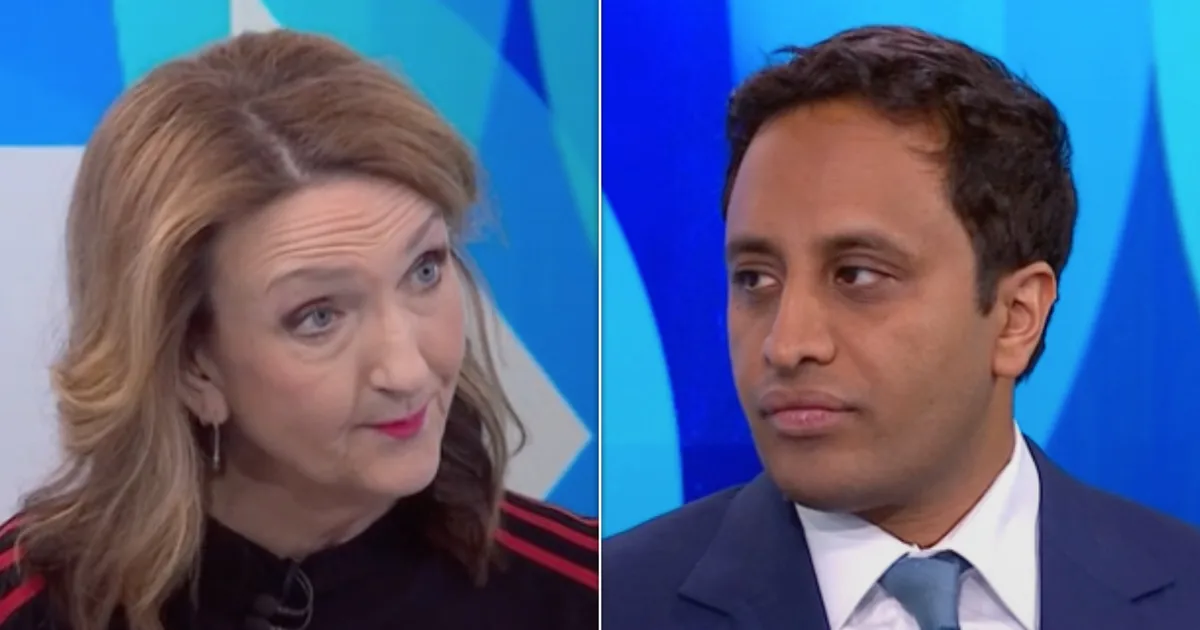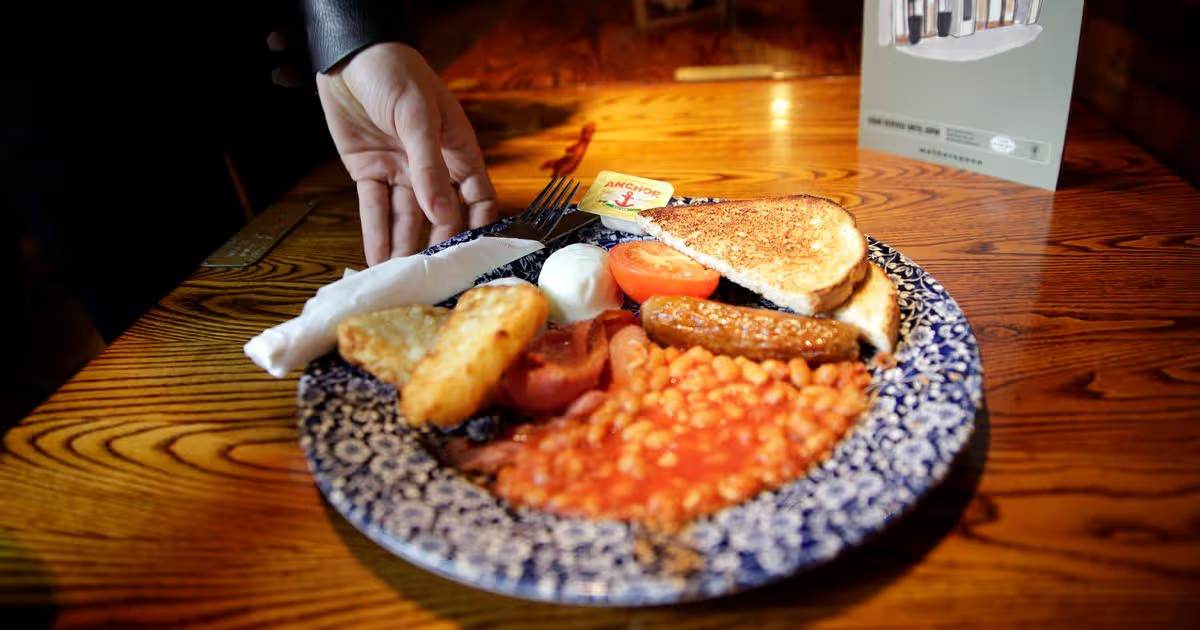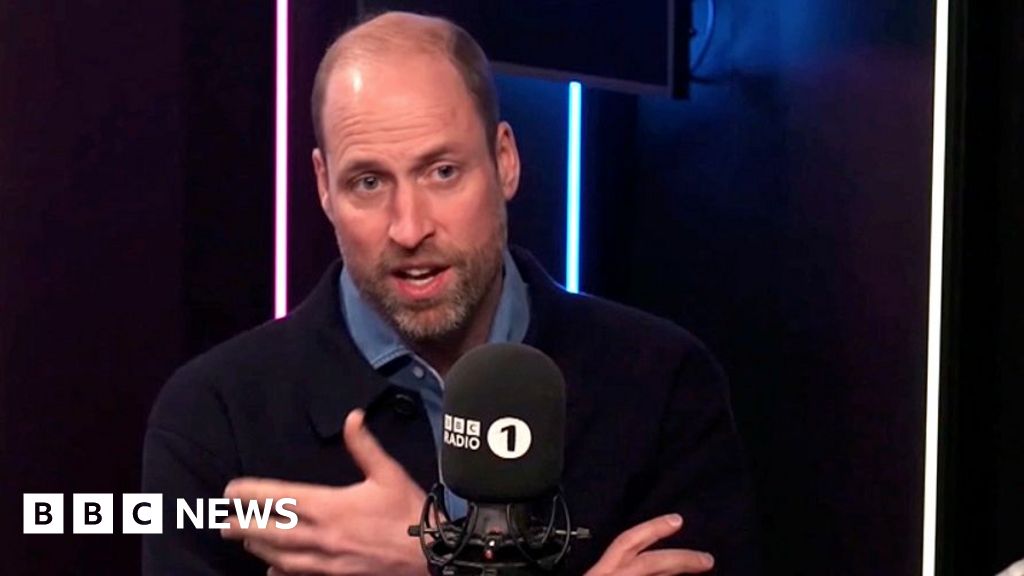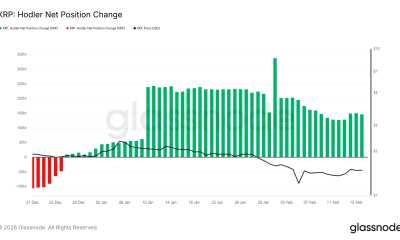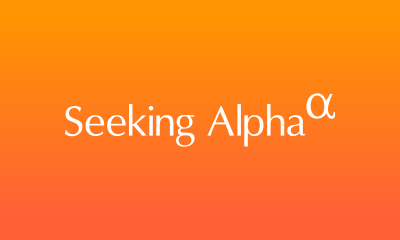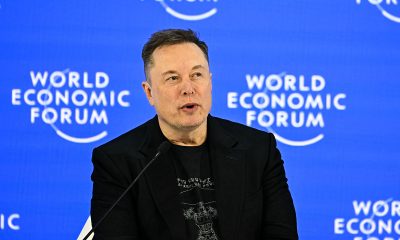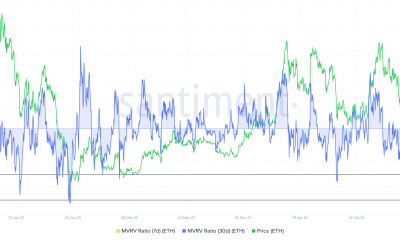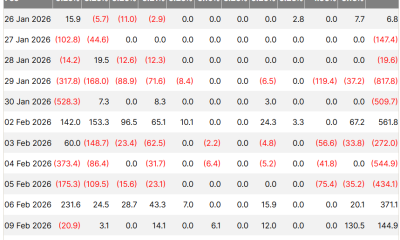A Wetherspoons customer baffled people after sharing the cooked breakfast they ordered with an unlikely additional item that some said had no place on the plate
We Brits love a fry up, but we all have our own ideas for what should and shouldn’t go on the plate.
Some of us love loading up on sausages, some of us think beans shouldn’t go anywhere near the plate, and there’s often a difference of opinion when it comes to additions like black pudding.
No matter what you consider to be the perfect cooked breakfast, many cafes and restaurants that serve the morning meal will let you customise your dish to your liking.
That’s what one Wetherspoons customer did recently at their local pub in Ramsgate, Kent. But when they posted their customised breakfast on social media, people were baffled by one addition.
On Reddit‘s fry up forum, one person said they had ordered the “Freedom Breakfast” from their local Wetherspoons. This comes with two rashers of bacon, two hash browns, two eggs, two servings of mushrooms, two grilled tomatoes, and baked beans.
They then said they added a sausage, two pieces of black pudding, and the controversial addition – haggis.
They said: “I added a sausage, two black pudding and haggis (seems to be a new addition to the menu here). The pint of Guinness went down very well with it. Just over a tenner all in, including the pint. Overall very satisfying, especially for the price, and haggis was a great addition.”
The addition of haggis to the cooked breakfast split opinions in the comments section. Some believed haggis makes the “perfect side to any meal”, while others said it had no place on a fry up.
One person said: “Haggis and Guinness are a guaranteed winner.” Another added: “Solid breakfast! You can’t beat the helping of haggis and black pud!”
However, someone else was less convinced, stating: “Haggis looks like sheep [poo] infested with maggots.”
Several other commenters simply couldn’t believe the Wetherspoons patron had managed to get a breakfast and a pint of Guinness for around £10, describing it as a “bargain” no matter what food items were on their plate.
There were also people who were surprised that a Wetherspoons in Kent was serving haggis as a side dish – as it’s usually only available in Scotland.
It is sometimes available in wider parts of the UK around Burns Night on 25th January, but it would normally be gone from menus again by the middle of February.
When one person said they were surprised to see haggis available outside of Scotland, someone replied: “I think they sell it everywhere around Burns Night. Didn’t know they’re still selling it outside Scotland, though.”
But someone else theorised: “This will have been farmed, doesn’t taste the same. You only get proper wild-caught Haggis in Scotland these days.”



